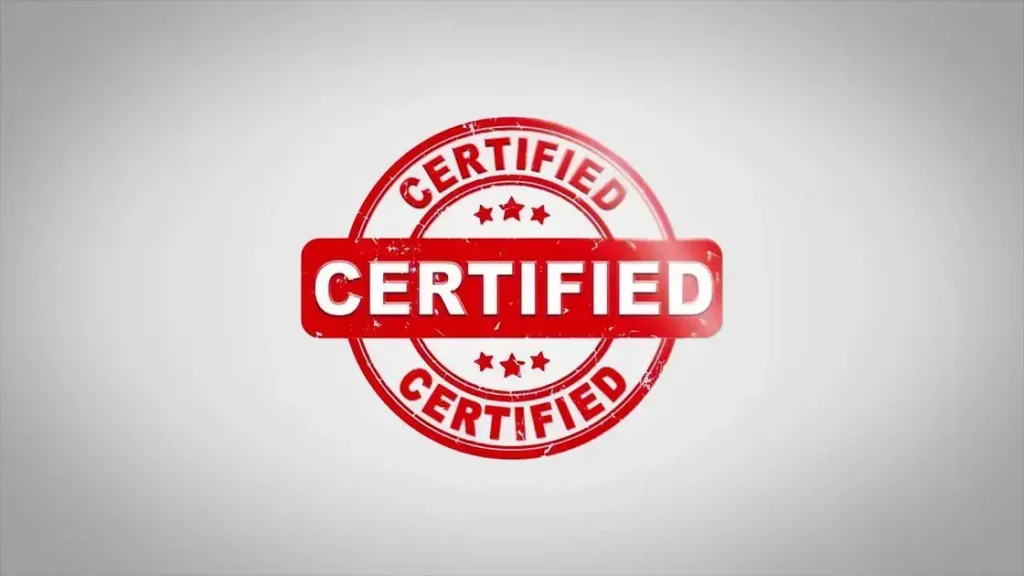Leitura: 6 minutos Unlock career opportunities and boost your market value—free course certificates of completion are reshaping professional growth in the US. In this article, you’ll discover how these credentials can give you a strategic edge, help you manage risk in your career trajectory, and position you ahead in a competitive landscape.
Why Free Certificates Matter
Free course certificates of completion have become a powerful tool for professionals aiming to stand out. In a market where skills are currency, these certificates validate your commitment to continuous learning.
- They offer a low-risk way to upskill without financial investment.
- Employers increasingly recognize microcredentials as proof of initiative.
- They can help bridge gaps in your resume or pivot your career path.
In practice, this means you can quickly adapt to market shifts and seize new opportunities without waiting for traditional education cycles. Are you leveraging these credentials to outpace your competition?
Top Platforms Offering Free Certificates
The US market is flooded with platforms offering free course certificates. Leaders include:
- Coursera: Offers free versions of many courses with paid upgrades for certificates, but select partners provide complimentary certificates.
- edX: Some universities offer free certificates for introductory courses.
- LinkedIn Learning: Free trials often include certificates for completed courses.
- Google Digital Garage: 100% free courses with certificates in digital skills.
For entrepreneurs and professionals, the practical takeaway is clear: these platforms can be integrated into your talent pipeline or personal development plan at zero cost. Which platform aligns best with your business goals?
Market Impact and Competitive Advantage
Adoption of free certificates is surging, especially among early-career professionals and those in tech or digital marketing. This trend is shifting the talent landscape:
- Employers are using certificates as a filter for recruitment.
- Job seekers with microcredentials report higher interview rates.
- Companies are embedding free courses into onboarding to accelerate ramp-up.
In practice, this translates to a more agile workforce and faster time-to-productivity. The message for anyone seeking a competitive advantage: embrace these credentials or risk falling behind. How are you using certificates to build your market share?
Risks and Limitations to Consider
While free certificates offer clear benefits, there are caveats:
- Not all certificates are recognized by employers.
- Quality varies widely between providers.
- Some platforms may require payment for advanced features.
- Overreliance on certificates can dilute their value.
From a risk management perspective, vet course providers and focus on certificates from reputable organizations. The practical implication: choose wisely to maximize your return on time invested. Are you critically evaluating the credentials you pursue?
Future Trends and Regulatory Outlook
The future of free course certificates is being shaped by technology and policy:
- AI-driven platforms will personalize learning and credentialing.
- Blockchain may soon secure and verify certificates globally.
- US regulators are exploring standards for microcredentials to ensure quality and portability.
- Companies are partnering with edtech firms to create custom certificate programs.
The strategic takeaway: early adopters will gain a first-mover advantage as standards solidify. How will you position yourself to capitalize on these coming changes?
